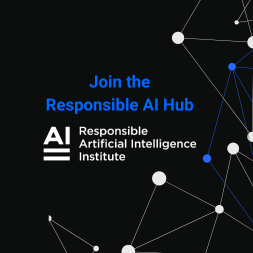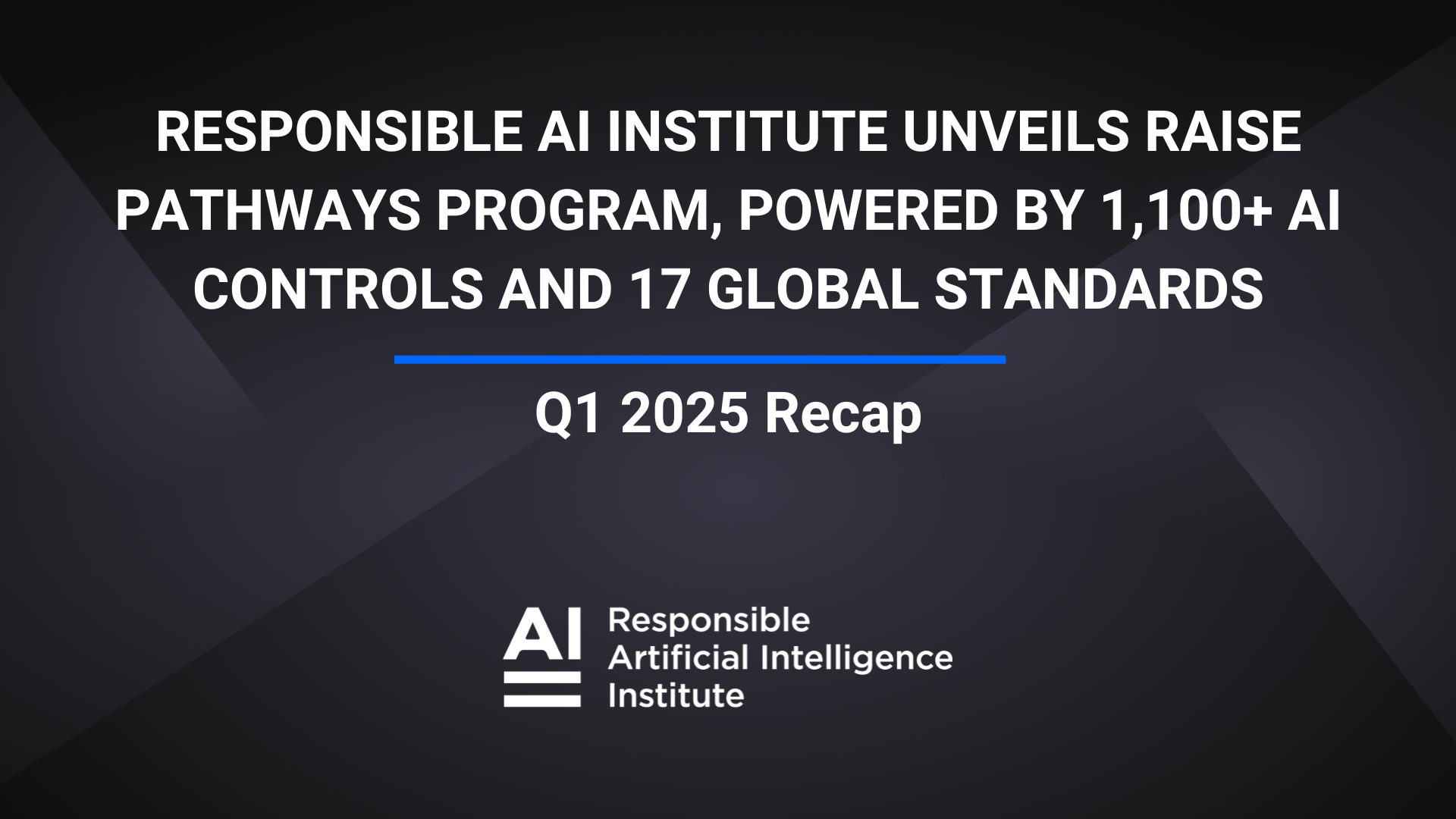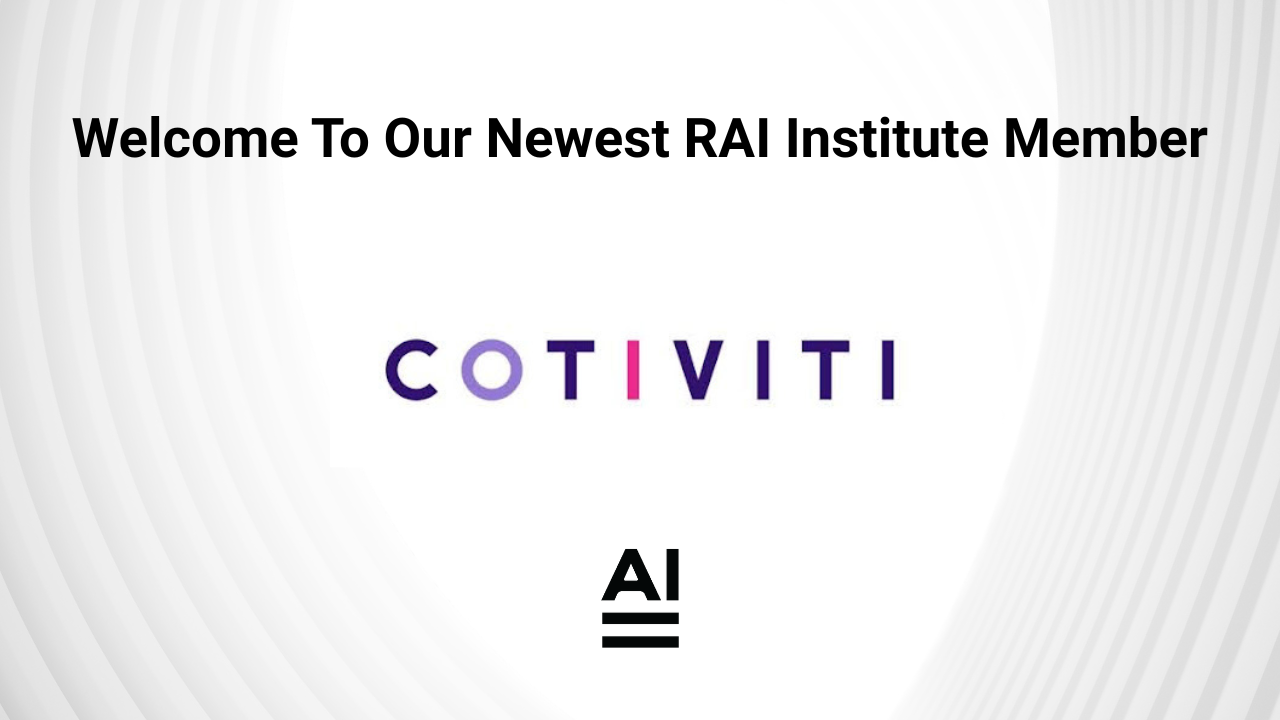A frequent concern that I encounter in my discussions with industry professionals is a pressing question: How can we implement AI responsibly while remaining competitive? In essence, it boils down to a desire to win in the marketplace while safeguarding against risks, harms to stakeholders, and reputational damage. Organizations are eager to harness the power of AI to gain a competitive edge, but they are also increasingly aware of the risks and challenges posed by the ungoverned deployment of these technologies.
Balancing Responsibility and Competitiveness
It’s evident that organizations are leveraging AI to secure their positions in the market. Investment in AI is often highlighted in earnings calls, signifying a net positive impact on stock prices. The geopolitical race for AI dominance is underscored by varied regulatory approaches worldwide, from the recently passed EU AI Act which some have argued will hinder innovation to Biden’s Executive Order and Senator Schumer’s roadmap for AI policy, which very clearly prioritizes AI innovation.
However, there’s a pervasive myth that responsible AI and AI governance are merely barriers to adoption and innovation. This perception couldn’t be further from the truth. In reality, responsible AI practices foster innovation by aligning AI deployment with responsible standards and societal expectations, resulting in sustainable value for organizations. Research from MIT Sloan Management Review and Boston Consulting Group demonstrates that organizations integrating responsible AI (RAI) practices into their AI product lifecycle are three times more likely to realize substantial benefits. These benefits include improved employee recruiting and retention, increased customer retention, accelerated innovation, and enhanced overall products and services. Additionally, research from Bain & Company suggests that an effective approach to RAI can double its profit impact. Organizations with strong governance in place can better understand their risk appetite and effectively discern which AI use cases to explore and which to avoid. While the research on this topic is still emerging, the business case for responsible AI should no longer be up for debate.
Breaking Down Barriers with AI Governance
AI governance plays a crucial role in breaking down silos within organizations and aligning incentives with broader organizational objectives. By fostering collaboration across departments, AI governance ensures that AI initiatives are not isolated efforts but are integrated into the strategic fabric of the organization. This alignment is essential for maximizing the impact and ROI of AI projects.
A key aspect of responsible AI is ensuring that AI systems are built right the first time, thereby avoiding the accumulation of technical debt. Think of it as building a house; using subpar materials or cutting corners may offer short-term gains, but it inevitably leads to long-term issues. In the context of AI, ungoverned practices can lead to significant setbacks, such as the need to retroactively address flaws or technical lapses, which can be costly and damaging to the organization’s reputation.
Prioritizing Use Cases and Maximizing Budgets
Effective AI governance helps organizations prioritize AI use cases that offer the greatest value while ensuring responsible considerations are met. This prioritization is critical in maximizing budgets, as resources can be allocated to projects that not only drive innovation but also adhere to responsible AI principles. Not to mention avoiding wasting the massive amount of compute resources and team cycles on use cases that might be non-starters. By embedding these considerations into the decision-making process, organizations can avoid the pitfalls of biased or harmful AI applications, thereby enhancing trust and credibility in the marketplace.
Trust as a Competitive Advantage
In today’s anxious market, trust is going to be a critical differentiator. Trust is hard-earned and can be quickly lost, which underscores the importance of getting AI right from the outset. Organizations that prioritize responsible AI are better positioned to build and maintain trust with their stakeholders, including customers, employees, and regulators. This trust translates into a competitive advantage, as stakeholders are more likely to engage with, support and invest in organizations that demonstrate a commitment to responsible AI practices.
Embracing the Complexity of Responsible AI
Working in the field of responsible AI presents unique challenges. It requires a deep commitment to learning, unlearning, and relearning, as the landscape is constantly evolving. Intellectual humility, curiosity, and a collaborative spirit are essential qualities for those navigating this space. It’s important to acknowledge that no one can be an expert in all aspects of AI, and we should be cautious of those who claim to be. Instead, we should embrace collaboration and view responsible AI as a team sport, where collective effort and diverse perspectives drive meaningful impact.
Final Thoughts
Responsible AI is not a hindrance to innovation or ROI; it is a catalyst. By integrating responsible considerations into AI development and deployment, organizations can unlock new opportunities for innovation while building trust and credibility. The journey may be complex, but it is one that offers immense rewards for those willing to embrace it. As we continue to navigate the evolving AI landscape, let’s commit to fostering a culture of responsibility, collaboration, and continuous learning, ensuring that AI serves the greater good while driving sustainable growth and innovation.
Join the Responsible AI Movement
Join the responsible AI movement by becoming a member of the Responsible AI Institute’s RAI Hub. Gain access to a vibrant community, exclusive resources, and opportunities to contribute to the development of responsible AI standards and best practices, while working together to ensure AI is developed and deployed responsibly.

Media Contact
Nicole McCaffrey
Head of Marketing, Responsible AI Institute
nicole@responsible.ai
+1 (440) 785-3588
Follow Responsible AI Institute on Social Media




